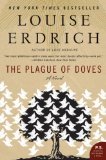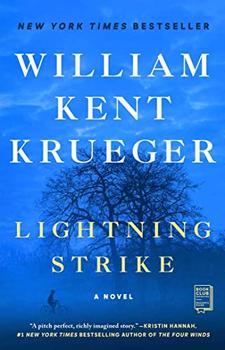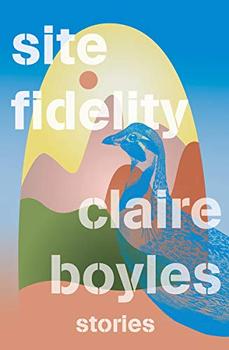Summary | Excerpt | Reviews | Beyond the book | Read-Alikes | Genres & Themes | Author Bio

A Novel
by Louise ErdrichThe unsolved murder of a farm family haunts the small, white, off-reservation town of Pluto, North Dakota. The vengeance exacted for this crime and the subsequent distortions of truth transform the lives of Ojibwe living on the nearby reservation and shape the passions of both communities for the next generation.
Louise Erdrich's mesmerizing new novel, her first in almost three years, centers on a compelling mystery. The unsolved murder of a farm family haunts the small, white, off-reservation town of Pluto, North Dakota. The vengeance exacted for this crime and the subsequent distortions of truth transform the lives of Ojibwe living on the nearby reservation and shape the passions of both communities for the next generation. The descendants of Ojibwe and white intermarry, their lives intertwine; only the youngest generation, of mixed blood, remains unaware of the role the past continues to play in their lives.
Evelina Harp is a witty, ambitious young girl, part Ojibwe, part white, who is prone to falling hopelessly in love. Mooshum, Evelina's grandfather, is a seductive storyteller, a repository of family and tribal history with an all-too-intimate knowledge of the violent past. Nobody understands the weight of historical injustice better than Judge Antone Bazil Coutts, a thoughtful mixed blood who witnesses the lives of those who appear before him, and whose own love life reflects the entire history of the territory. In distinct and winning voices, Erdrich's narrators unravel the stories of different generations and families in this corner of North Dakota. Bound by love, torn by history, the two communities' collective stories finally come together in a wrenching truth revealed in the novel's final pages.
The Plague of Doves is one of the major achievements of Louise Erdrich's considerable oeuvre, a quintessentially American story and the most complex and original of her books.
Chapter One
In the year 1896, my great-uncle, one of the first Catholic priests of aboriginal blood, put the call out to his parishioners that they should gather at Saint Joseph's wearing scapulars and holding missals. From that place they would proceed to walk the fields in a long, sweeping row, and with each step loudly pray away the doves. His human flock had taken up the plow and farmed among German and Norwegian settlers. Those people, unlike the French who mingled with my ancestors, took little interest in the women native to the land and did not intermarry. In fact, the Norwegians disregarded everybody but themselves and were quite clannish. But the doves ate their crops the same.
When the birds descended, both Indians and whites set up great bonfires and tried driving them into nets. The doves ate the wheat seedlings and the rye and started on the corn. They ate the sprouts of new flowers and the buds of apples and the tough leaves of oak trees and even last year'...
As short story collections go, Plague of Doves is superb. As a novel, its lack of cohesion leaves something to be desired. If the reader approaches the narrative expecting short stories, they will not be disappointed, as this is easily one of the best compilations to be published in a long time. If, however, the reader is looking for a well-written novel, he or she may find it more satisfying to turn to one of Erdrich's earlier plot-driven works such as The Painted Drum or The Master Butcher's Singing Club...continued
Full Review
(568 words)
This review is available to non-members for a limited time. For full access,
become a member today.
(Reviewed by Kim Kovacs).
Louis Riel
Many of the characters featured in The Plague of Doves
are
Metis. The Metis (historically known as the Bois
Brule) emerged in Canada in the mid-17th Century
as New World fur traders intermarried with Cree, Ojibwe,
Salteaux and Menominee natives. While mostly French, some of
the traders were English and Scots. Over time, the offspring
of these unions themselves interbred and had children of
their own, creating one of three Aboriginal peoples
recognized by the Canadian government.
The Metis homeland includes the Canadian provinces of
British Columbia, Alberta, Saskatchewan, Manitoba & Ontario,
as well as parts of the United ...
This "beyond the book" feature is available to non-members for a limited time. Join today for full access.

If you liked The Plague of Doves, try these:

by William Kent Krueger
Published 2022
The author of the instant New York Times bestseller This Tender Land returns with a powerful prequel to his acclaimed Cork O'Connor series - a book about fathers and sons, long-simmering conflicts in a small Minnesota town, and the events that echo through youth and shape our lives forever.

by Claire Boyles
Published 2021
Set in the western sagebrush steppe, Site Fidelity is a vivid, intimate, and deeply human exploration of life on the shifting terrain of our changing planet.




Be careful about reading health books. You may die of a misprint.
Click Here to find out who said this, as well as discovering other famous literary quotes!